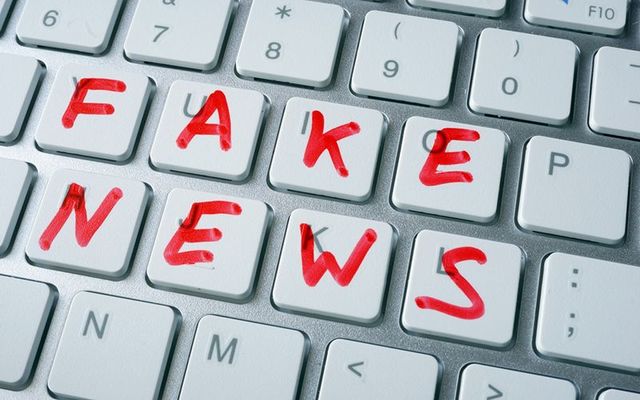Reflecting on Data Literacy
Although prior to this topic, I was aware of the importance in assessing the reliability of data and statistics, conducting my own research and learning from others has really reinforced it.
Joanna’s comment provided me with some food for thought on my own post on data literacy – there is no point trying to interpret data from an unreliable author (Li, 2013) – to which I agreed with. However, this led to an interesting discussion where I learnt that even credible authors can take advantage of our trust and mislead us deliberately, to their advantage.
Learning About Information Literacy
As I researched data literacy, it was interesting to visit other students’ posts on information literacy.
Anna’s post introduced me to “fake news” and the term ‘digital naivety’, suggesting that although young adults are generally perceived digitally savvy, they can be equally as likely to be naive when exposed to fake news as the less digitally savvy population. Coinciding with my topic of data literacy, I reflected on the fact that we can also be naive to false data. Furthermore, some of Anna’s tips for evaluating the validity of sources were useful to add to my own.

Image from Mulraney (2017)
Conducting my own research on the topic, I challenged Anna’s post with some evidence that fake news can be beneficial in some aspects (McGregor, J), although we did agree it was predominantly detrimental to society.
Stefan’s post emphasised the damage fake news can cause politically and the efforts some organisations such as Facebook are making to reduce the spread of fake news. Investigating this, I learnt these tools are sometimes triggering the opposite effect.
Conclusion
Concluding this topic, I have learnt that media literacy is a skill that is becoming increasingly important as fake news and fake data becomes more abundant and easier to reach us. I look forward to adopting the new skills taught by others, to improve the authenticity of my work.
[Word count: 303 words]
My comment on Anna’s post
My comment on Stefan’s post
Bibliography
Li, J. (2013) 5 Ways to Avoid Being Fooled by Statistics. Available from: http://www.iacquire.com/blog/5-ways-to-avoid-being-fooled-by-statistics
McGregor, J. (2017) Two Reasons Fake News is Good for Society. Available from: https://www.forbes.com/sites/jaymcgregor/2017/02/07/why-fake-news-is-actually-good-for-the-world/#10b7ddae3771
Mulraney, F. (2017) Sharing “Fake News” in Ireland Could Soon Be Illegal. Available from: https://www.irishcentral.com/news/politics/fake-news-ireland
